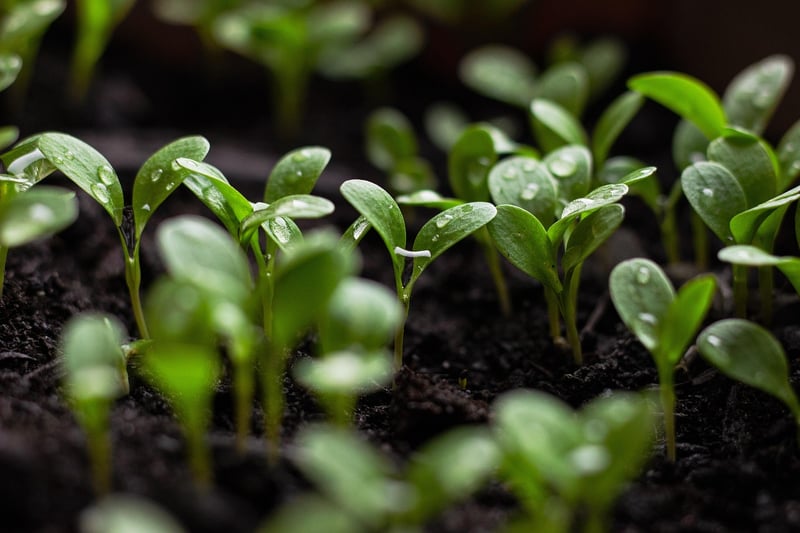Sustainable Food
The Future of Farming: Vertical Farming and Sustainable Food Production
In recent years, the concept of vertical farming has gained significant traction as a sustainable solution to meet the growing demand for food in urban areas. By utilizing vertical structures to grow crops indoors, this innovative farming method offers a range of benefits for both producers and consumers.
Benefits of Vertical Farming:
- Maximized Space Utilization: Vertical farming allows for the cultivation of crops in multiple layers, maximizing the use of limited space in urban environments.
- Year-Round Production: By controlling environmental factors such as light, temperature, and humidity, vertical farms can produce crops year-round regardless of external weather conditions.
- Water Efficiency: Vertical farming systems use significantly less water compared to traditional agriculture methods, making it a more sustainable option in water-scarce regions.
- Reduced Pesticide Use: Indoor farming environments are less prone to pests and diseases, reducing the need for harmful pesticides and promoting organic farming practices.
Sustainable Food Production:
Vertical farming plays a crucial role in promoting sustainable food production by addressing key environmental and social challenges:
- Reduced Food Miles: By locating vertical farms in urban areas, where the food is consumed, the need for long-distance transportation is minimized, reducing carbon emissions and energy consumption.
- Resource Conservation: Vertical farming conserves land, water, and energy resources, offering a more efficient and sustainable alternative to traditional agriculture.
- Enhanced Food Security: By producing food locally and consistently, vertical farming contributes to food security by reducing reliance on imports and external food sources.
The Role of Technology:
Technology plays a vital role in the success of vertical farming operations. Automated systems for monitoring and controlling environmental conditions, advanced LED lighting solutions, and data analytics tools help optimize crop growth and maximize yields.
Vertical farming represents a promising solution to the challenges of conventional agriculture, offering a sustainable and efficient way to produce food for the growing global population. Embracing innovation in farming practices is key to ensuring a secure and sustainable food supply for future generations.

Explore the possibilities of vertical farming and join the movement towards sustainable food production!
References: Vertical Farming Benefits, Sustainable Food Production
